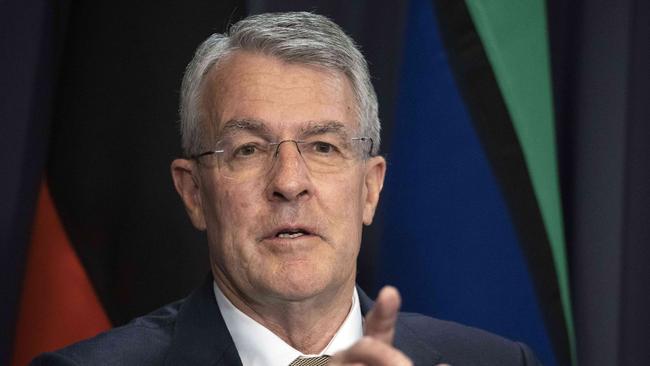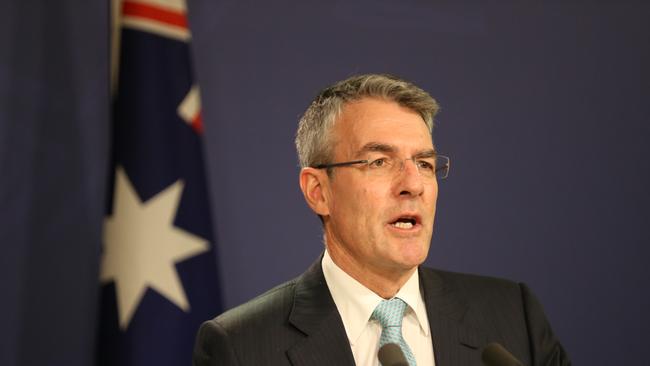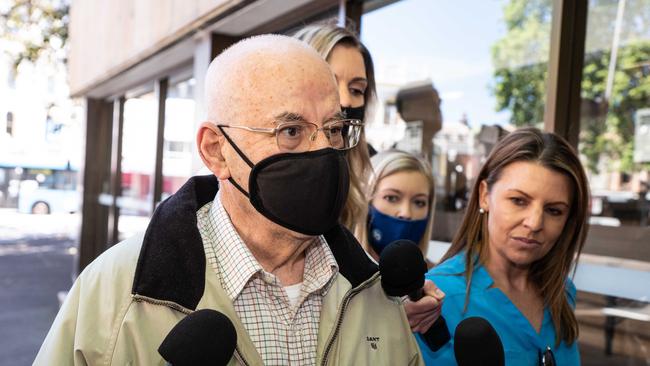
Big changes are needed to ensure this scheme gives priority to the interests of justice by enabling courts to deal with villains at the earliest opportunity. Right now, the balance is wrong.
Instead of generating headlines from public hearings and sensational reports, the new institution should be required to give priority to a far more important goal: convicting those in public life who betray public trust and break the law.
That cannot be done by the NACC alone. The commission will not be a court nor an independent prosecutor. It will, however, be a very expensive investigator whose efforts need to be properly integrated into the justice system.
Here’s the first step: When confronted with clear evidence of wrongdoing, the commission should be required to conduct itself in a manner that recognises that it is part of a nation governed by law – not bureaucratic commissions.
It should therefore be required to suspend any investigation, abandon any public hearing and hand its files to the Director of Public Prosecutions as soon as it uncovers enough evidence to show criminal conduct might have taken place.
Bringing wrongdoers before the courts without delay is far more important than allowing this commission to generate publicity.
This is hardly radical. It is exactly the same principle that applies in coroners’ courts and has been suggested by the Rule of Law Institute as a remedy for the delays that afflict the NSW Independent Commission Against Corruption.

Unless this change is made to the NACC Bill, the new institution will have one certain outcome: it will delay judgment day for villains – which is exactly what happens with ICAC in NSW.
In order to make that change, the bill before parliament needs to make it clear that the commission has a legal obligation, not a mere discretion, to forgo a public hearing and inform the DPP once it uncovers evidence of criminal conduct.
This would have the effect of integrating the NACC into the justice system, instead of allowing it to conduct itself like a parallel Star Chamber.
Here’s step two: parliament needs to take account of the adverse impact on the justice system that will arise from the proposal to vest the commission with the authority to gather evidence using coercive power.
It might serve the purposes of the NACC to be able to abrogate the privilege against self-incrimination. But it is a different question as to whether abrogating this ancient right serves the interests of justice.
Clause 113 of the NACC Bill makes it clear that any information the commission receives after abrogating this privilege cannot be used against the person concerned in most court proceedings.
This guarantees the DPP will experience difficulties – and delays – in preparing a case against wrongdoers while avoiding making use of material that was obtained under coercion.
In NSW, prosecutors did not produce their first indictment against Eddie Obeid, his son Moses and Ian Macdonald until four years after ICAC produced its final report on their conduct.
It was not until almost six years after that report that the DPP produced a final version of that indictment.
The coercive powers that were used by ICAC are inconsistent with the rules that ensure people receive a fair trial. The prosecutors had to prepare a case without using evidence received under coercion.
It was not until last year that the Obeids and Macdonald were convicted and it might be next year before a decision is handed down on their appeal.
At least some of those delays would be due to the decision to grant ICAC coercive powers of the sort that are about to be endowed on the NACC.

When former NSW premier Nick Greiner created ICAC in 1988 he had the best of intentions – and the same must be said about the father of the NACC scheme, Attorney-General Mark Dreyfus.
But good intentions are not enough. The parliaments of NSW and the Commonwealth need to take account of the structural problems that delayed the Obeid-Macdonald prosecution for years.
Now is the time to ensure those problems do not arise with the most serious issues that come before the new commission.
Viewed in isolation, ICAC and the NACC might look robust organisations because they have “teeth” with which to pursue wrongdoers. But the impact of their structures is best assessed when they are viewed in a broader context.
It makes little sense to allow these commissions to pursue their own ends regardless of whether this means delaying judgment day for those in public life who have broken the law.
The NACC might become a worthwhile institution, but it will never be a court.
It will not even have a separate legal identity.
That fact is outlined in clause 3.16 of the explanatory memorandum for the National Anti-Corruption Commission Bill.
It says the NACC will be a non-corporate Commonwealth entity that will form part of the Commonwealth and be subject to the rules of the Public Governance, Performance and Accountability Act.
It is, in other words, an agency of the government.
With sensible changes, this commission might become a force for good. But right now, the balance between publicity and justice needs some tweaking.
It makes little sense to entrench a flawed a system when the consequences of those flaws have been demonstrated with great clarity by NSW.
Chris Merritt is vice-president of the Rule of Law Institute.




If the purpose of the National Anti-Corruption Commission is to hold serious wrongdoers to account, it will not be achieved by the scheme that has been presented to parliament. Publicity alone is not enough.